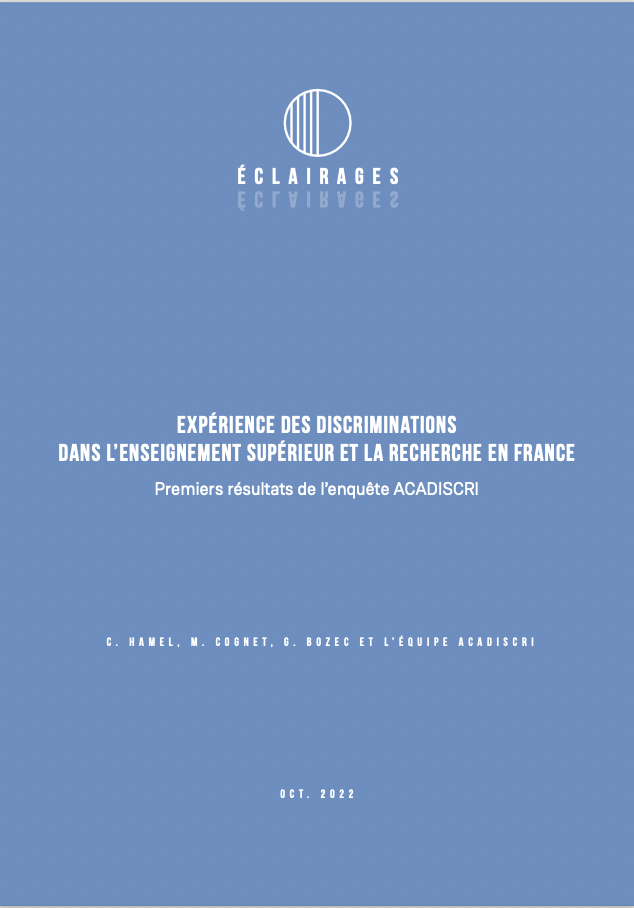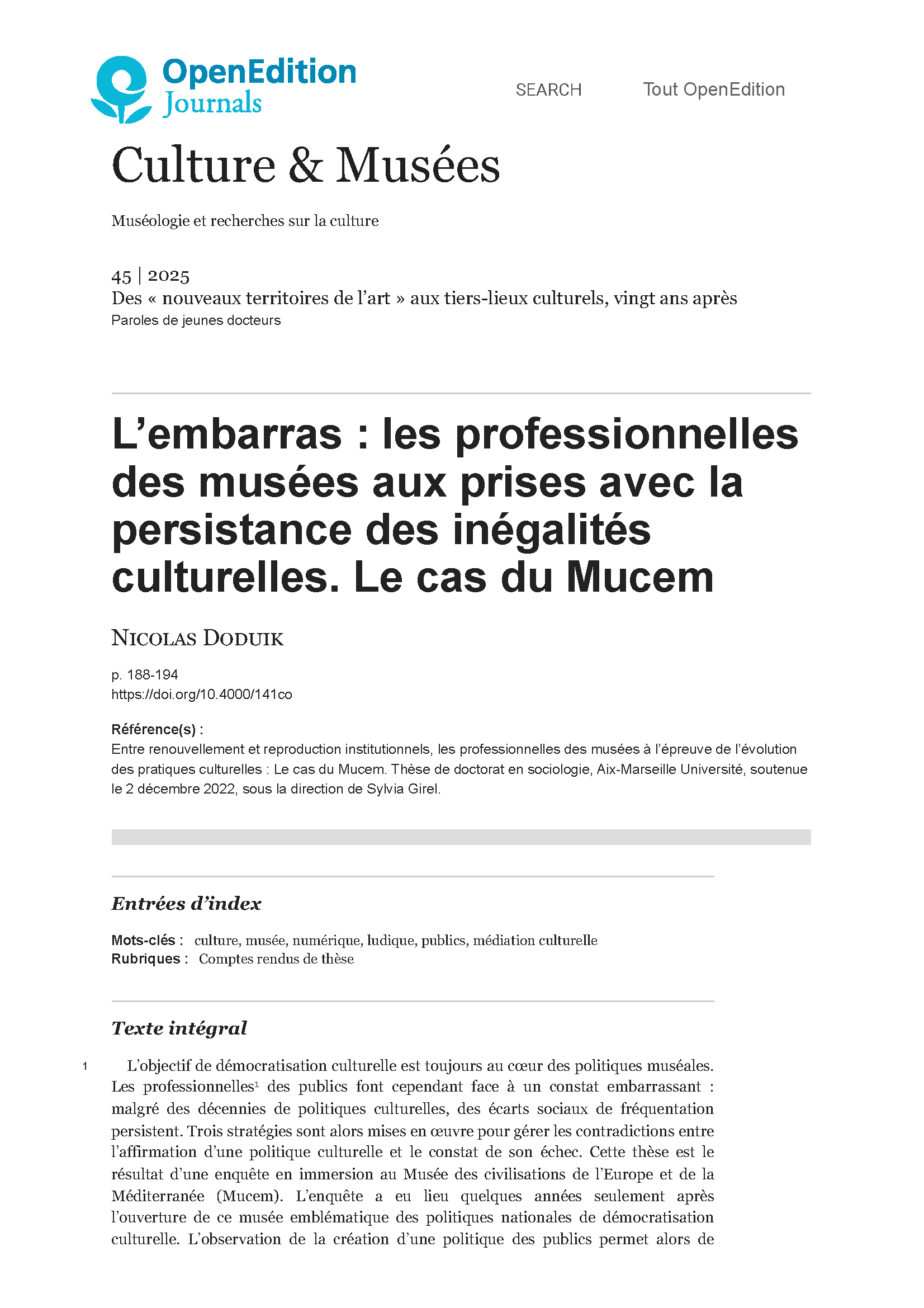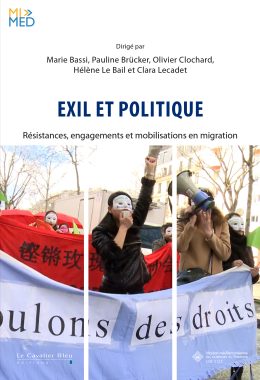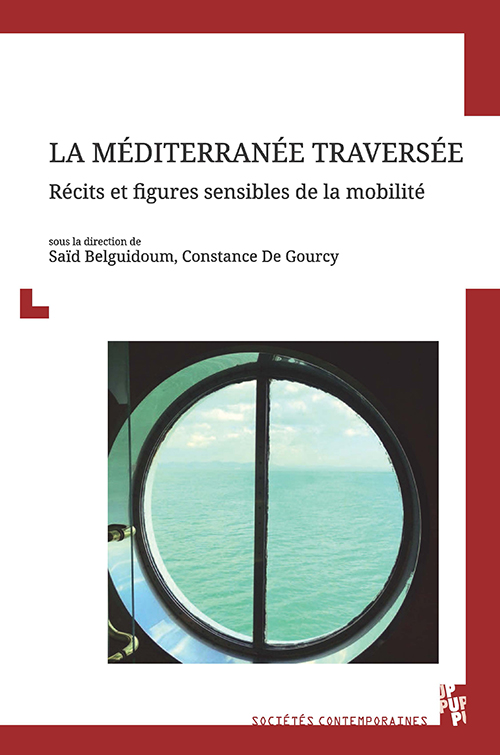Denouncing discrimination at university: between silence, revelation and reporting

Ombudsman, Bozec Géraldine, Blassel Romane, Cécile Rodrigues, Laura Schuft, Christelle Hamel, Karimi Hanane, Weiss Pierre-Olivier, Ludovic Morand, Marguerite Cognet, Fabrice Dhume24 April 2024, 39p.
Based on a quantitative and qualitative survey of experiences of discrimination at university (among students and members of staff), this report analyses the factors and mechanisms that lead people to report their experiences institutionally, to share them only in close circles, or to remain silent and isolated. It also explores the action taken when incidents are reported, and the effects that these various forms of 'recourse' have on individuals.
The survey reveals significant obstacles to reporting discrimination at university. As in many areas, the university environment is characterised by marked power relationships and operating methods that not only make discrimination possible, but also have an impact on people's ability to report it. On the student side, a fatalistic attitude predominates, attributable in particular to a lack of knowledge of their rights and the mechanisms available to them, but also to a feeling of illegitimacy in asserting these rights within the university environment, if not to a lack of confidence in the institutions' ability to recognise and put a stop to the harm suffered. These dynamics are also found among members of staff, and particularly concern those in insecure positions or those less highly regarded in the university hierarchy.
The survey highlights a strong feeling of powerlessness among most of the victims. The inaction of the institution to regulate certain situations seems to be a common occurrence, often known to students and staff alike, at least within the flières where the incidents took place.
This inertia contributes to the emergence of forms of fatalism in the face of discrimination. According to the survey, the (rare) institutional reports that do give rise to action by the institutions most often result in informal and practical arrangements. These include decisions to remove the victims, in the case of students, without any specific sanction for the acts and their perpetrators. But in some cases, too, reporting can lead to reprisals against those who have reported the incidents.
The low number of reports of discrimination and the very limited institutional response can have deleterious effects on the victims and on the university itself - and even beyond. It allows discriminatory situations to persist, with all the consequences that this has for individuals and their career paths (stopping studies, changing course or position, physical problems, damage to mental health, etc.). In addition, these situations damage the image of universities and, above all, undermine confidence in the institution on the part of both staff and users.
To consult here


